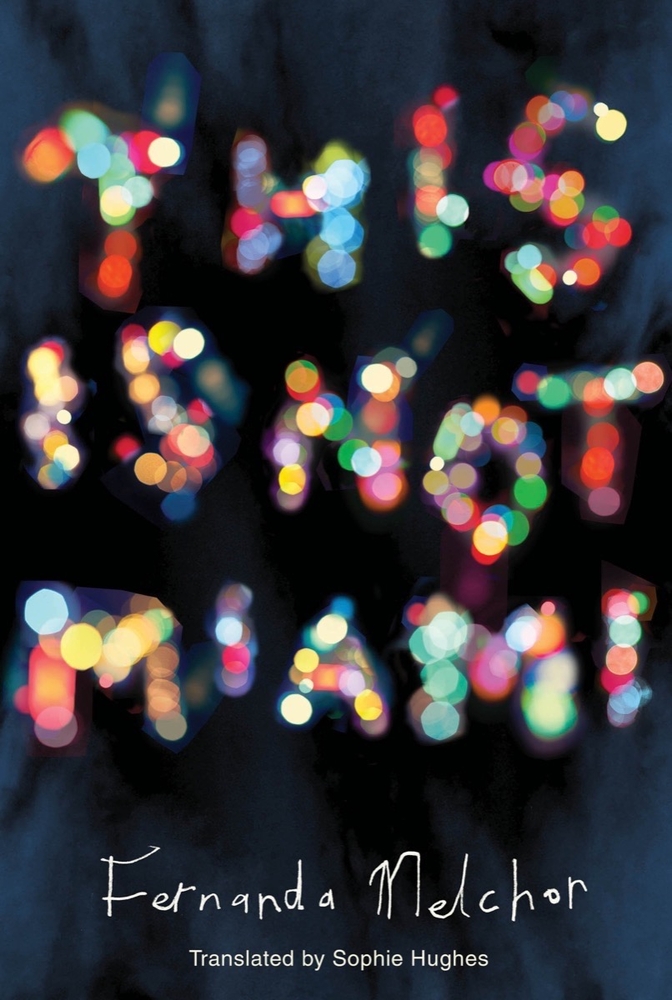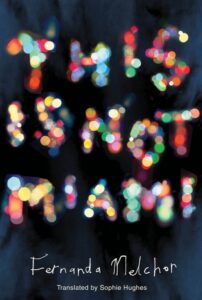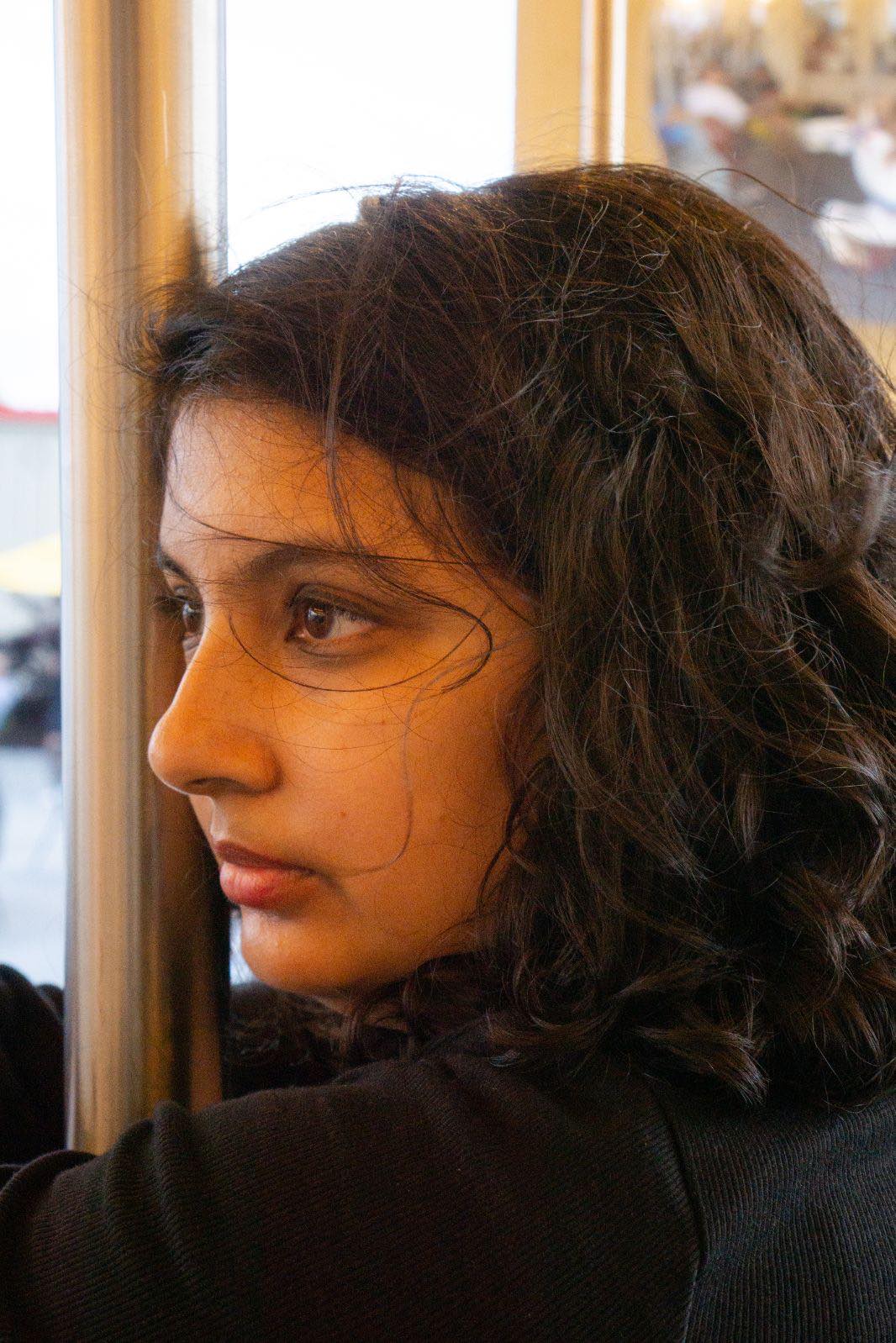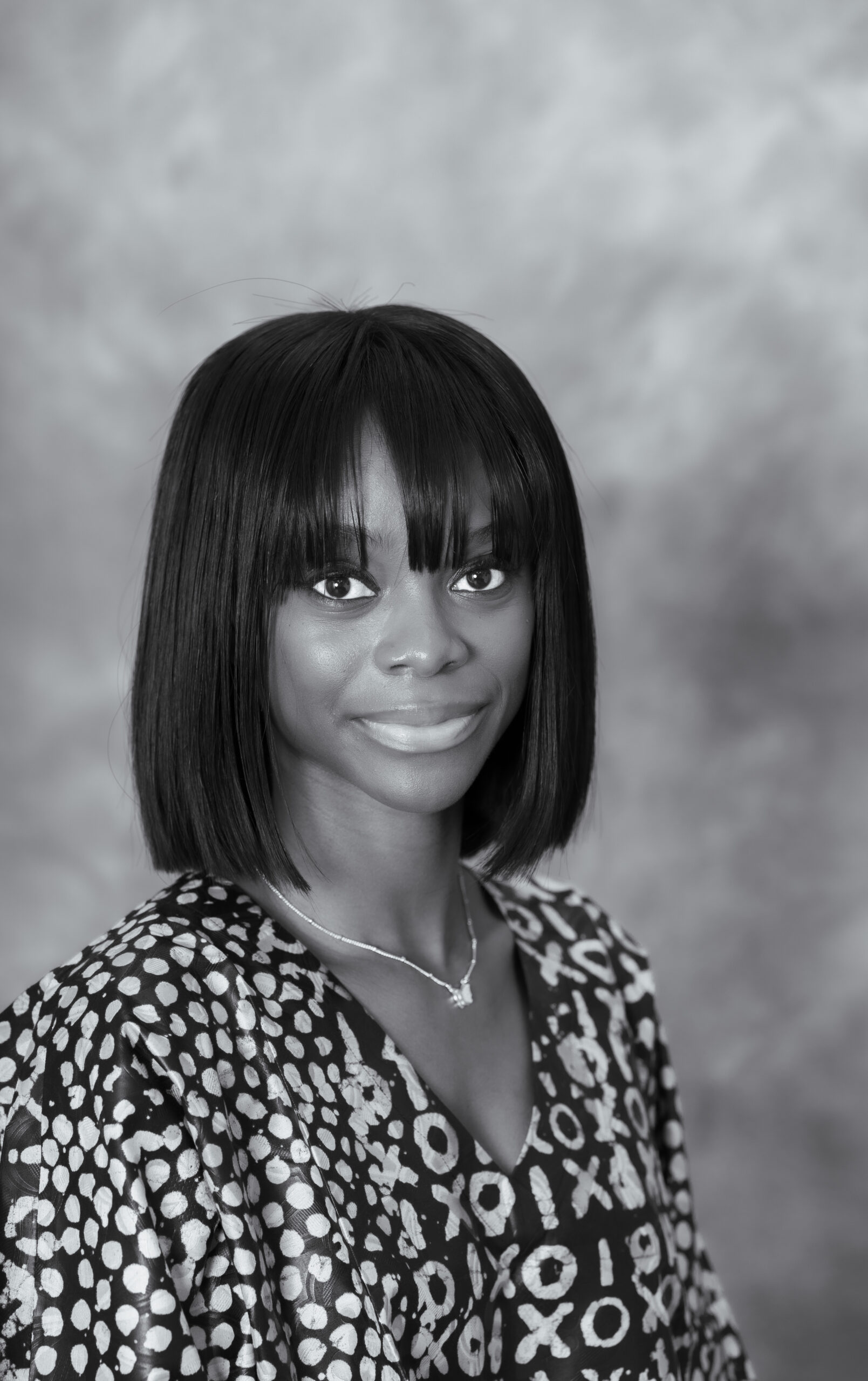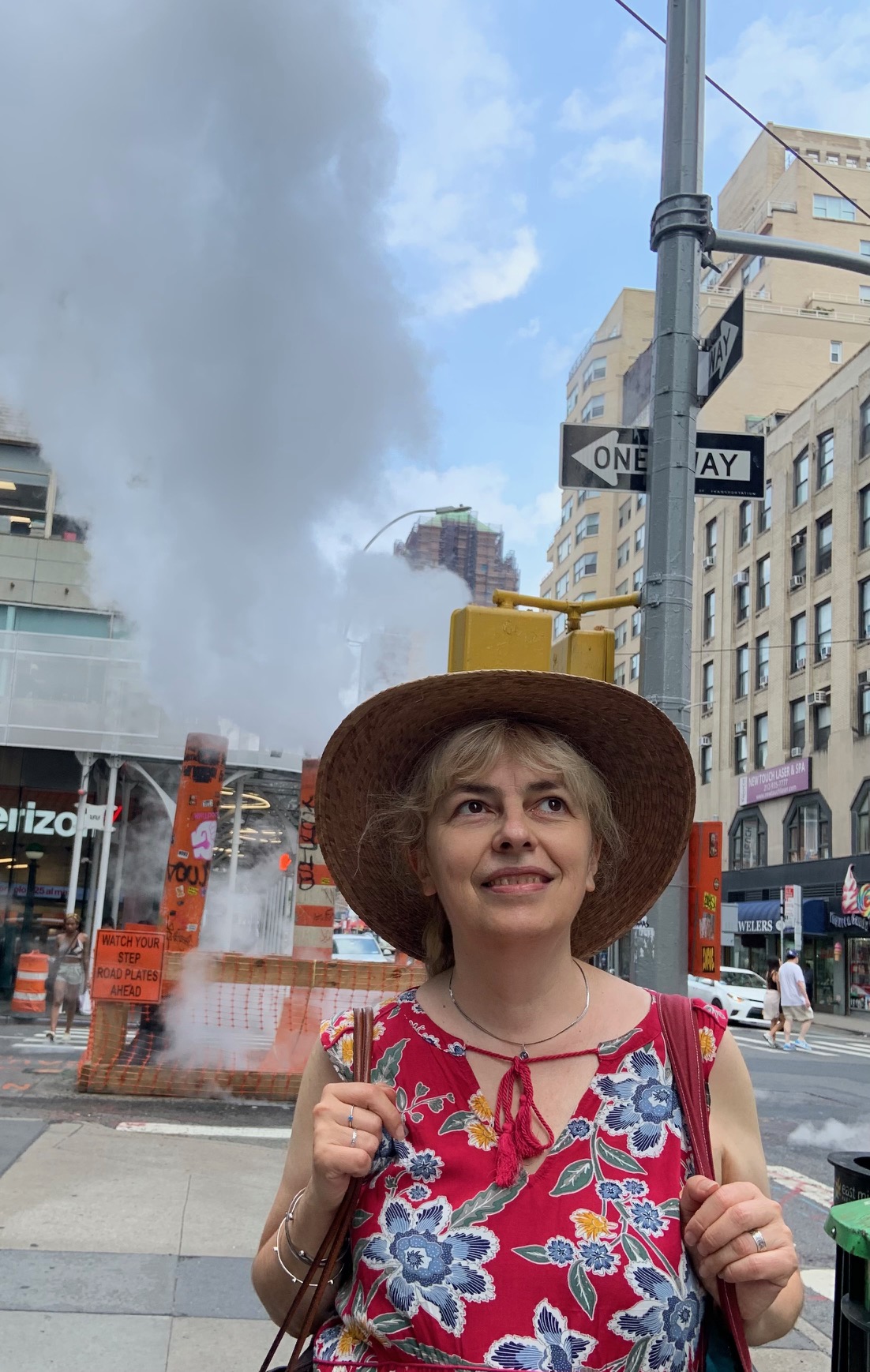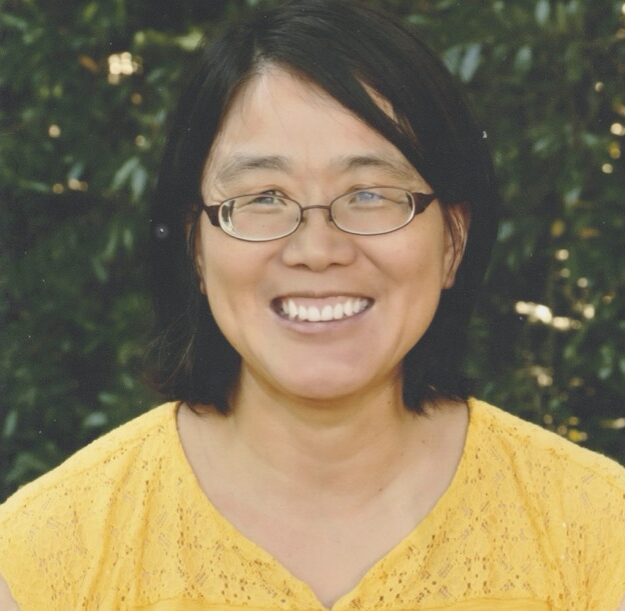Born in gilded fealty to the state, which was the people’s will,
which was the refined sugar of suffering and indifference,
which was the inherited burden of society, gift of the forefathers.
Bathed in cream, I transmuted hayricks into silk and mirrors.
I ate and destroyed, seeking relief from my depression.
All posts tagged: 2024
Remembrances
By ANTÒNIA VICENS
Translated by MARY ANN NEWMAN
Palma, 1978
One day he came, handed me a little box, and said look, look inside. Oh God, what a husband, I was afraid maybe he was losing it, another day it had been look, open this package, and there were more than half a dozen bras with ruffles. I opened the little box and was practically blinded by a stone brighter than the sun. No explanation, nothing, business is coming along, he said. And at night, here we go, trying for an heir, but that wasn’t coming along at all.
What We’re Reading: October 2024
Curated by SAM SPRATFORD
This month, our online contributors CHRIS JOHN POOLE, JULES FITZ GERALD, and LAURA NAGLE recommend three inventive, deeply human books with stories that traverse two oceans—from Japan, to Mexico, to Norway.
Fernanda Melchor’s This Is Not Miami (trans. Sophie Hughes); recommended by TC Online Contributor Chris John Poole
In her author’s note to This Is Not Miami, Fernanda Melchor writes that “to live in a city is to live among stories.” The city in question is Veracruz, Melchor’s birthplace, a city of cartel violence and political corruption; ritual magic and cold, hard truth. Veracruz’s stories, meanwhile, are those which are gleaned from—and imposed onto—its grim realities.
The stories in This Is Not Miami are crónicas, a genre with no direct equivalent in the Anglophone canon. Crónicas mix reportage and fiction, in a manner akin to gonzo journalism. They favour subjective accounts and firsthand experience over hard data and rigid chronology. Melchor’s crónicas collate rumours, folk myths, and personal narratives, injecting reportage where necessary.
A New Kind of Campus Novel: Bruna Dantas Lobato on Her Debut Novel
EMILY EVERETT interviews BRUNA DANTAS LOBATO
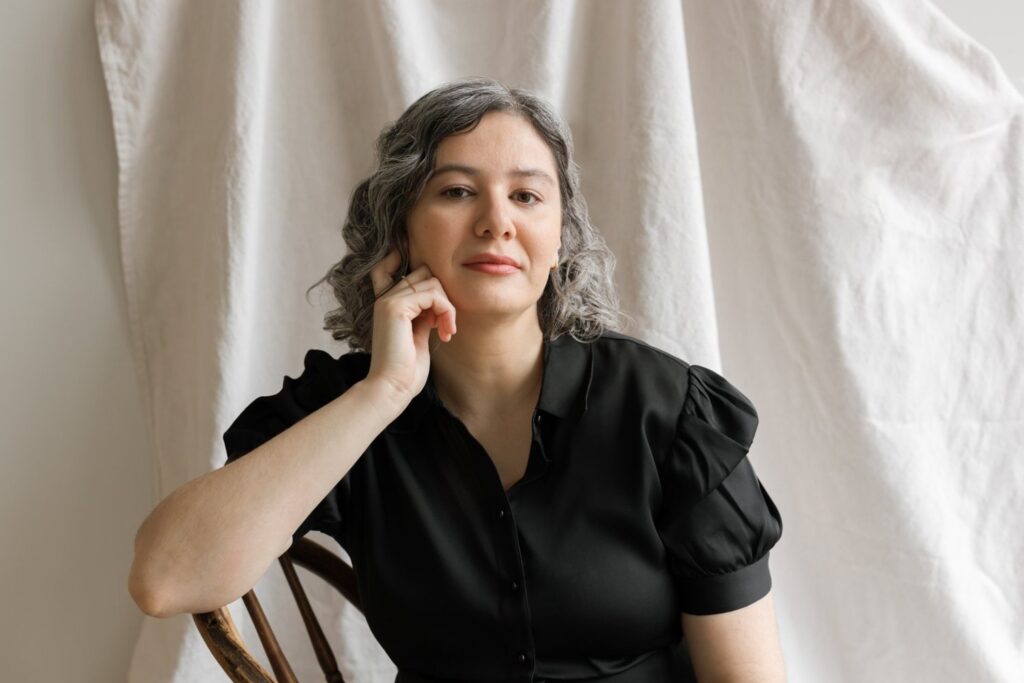
Back in 2017, The Common published a debut short story by a young Brazilian-American writer with a beautiful, understated style, and an enormous talent for translating big emotions into quiet gestures, thoughtful moments, and tense, restrained dialogue. Publishing debuts is always meaningful, but the best part comes after: watching those early-career writers go on to greater and greater successes.
Last year, that writer, Bruna Dantas Lobato, was awarded the 2023 National Book Award in Translation for The Words That Remain by Stênio Gardel. And this month, her debut novel is out from Grove Atlantic’s Black Cat imprint. She sat down with TC managing editor Emily Everett via Zoom to talk about that novel, Blue Light Hours. Zoom felt like a fitting medium: Blue Light Hours follows a first-year college student communicating with her mother back in Brazil only via Skype. They also discussed her work translating from Portuguese, and the pleasures and pitfalls of connecting with her home country through writing and translation. Bruna was born and raised in Natal, Brazil, and now lives in Iowa.
Read Excerpts by Finalists for the Restless Books Prize for New Immigrant Writing 2024
On the Restless Books Prize for New Immigrant Writing:
We are thrilled to announce the finalists chosen for this year’s Restless Books Prize for New Immigrant Writing in fiction. In this ninth year of the prize, it has never felt more important to highlight themes of migration, displacement, unrest, alienation, self-determination—of seeking home, and all the reasons one leaves home to find a better way.
As it has since the beginning in 2015, the prize seeks to support writers whose work examines, with fresh urgency, how immigration shapes our countries, our communities, and ourselves.The winner will receive $10,000 and publication by Restless Books.This year’s judges—authors Priyanka Champaneri, Rivka Galchen, and Ilan Stavans—have selected the following four finalists. Please join us in celebrating their work.
An Index of Earth Words
Excerpted from Every Other Universe, a finalist for the Restless Books Prize for New Immigrant Writing 2024.
This planet is mine and I belong to this planet. I know because when the dirt hits my tongue I feel almost joy. The earth here tastes like blood, which I haven’t tasted in many years, but I remember it, I remember being a child and cutting myself on an open can my mother had left in the kitchen, so long ago the memory comes to me as if from underwater. I slid my thumb against the silver crease, and my skin forked and made a dripping. It was my first encounter with sincere pain, but I didn’t mind. I still don’t. It feels like stray teeth in my stomach, a hard, misplaced bite.
The medical team here, of which I am a part, is overstaffed. If there’s a hurt on you, we’ll find it, we’ll lay you horizontal on a clean white sheet and watch the monitors spasm green and black, we’ll dizzy you with painkillers. There’s nothing else for us to do. Pain has become almost absent from our planet. I miss it. I miss stomachaches and headaches, the way my mind would curve toward the small agonies, how the basket of my body carried my hurt everywhere I went. Now, people are dying without any hurt at all, vanishing in clean rooms that smell like lemons.
not equal to ≄
Story selected from Lagos Will Be Hard for You, a finalist for the Restless Books Prize for New Immigrant Writing 2024.
There was a statue of the real Jack Daniels in the corner, or so the plaque read, but Jonathan swore that it looked more like one of the U.S. presidents: hat, beard, suit, presence, pose. It had a rainbow flag affixed to its shoulder, so Lotanna, or Lottie as she had come to be called in America, went with the Jack Daniels claim.
It was New Year’s Eve and they were on their third date. 10th Street Station was a basement bar and Lotanna decided she liked it as soon as she stepped in. The walls boasted of old autographed Hollywood posters and portraits, number plates proud of the Land of Potatoes, and when Lotanna found drawings on one of the high beams she thought it must have been by someone who cared a lot about this place but was shy of their talent. It was all mismatched in shape, color, and size. Nothing belonged. Like her. They ordered glasses of IPA and sat near the heater, and she kept glancing at her phone, waiting for the new year to ring so she could go home to her basement apartment.
“Hey. You okay?” Jonathan asked, nudging her lightly.
Three Stories from A Bunch of Savages
By SOFI STAMBO
Excerpted from A Bunch of Savages, a finalist for the Restless Books Prize for New Immigrant Writing 2024.
Baba Borka
I absolutely have to go to Coney Island every weekend. People think that’s strange. Luckily, lately I don’t care if people love me, like I did before. I used to suffer and blush and stay home and cry. Not anymore—I grew up and out of this. One day I woke up and realized that it doesn’t matter if I am well-liked or not. What matters is to get up at six, go to work, calculate for fifty hours, get yelled at, watch people get bullied, stay calm, and not kill anyone.
I can definitely do this, but with huge quantities of Coney Island.
I need to step into this postcard image of sea, sand, salt, and seagulls. This is my comfort zone. I don’t need anything else. Unless we are going for perfect, then maybe a peeled peach, and my grandmother to peel it.
Summer always starts with her glittering, gold-toothed smile. In the morning, the night train from the capital arrives at the old station in Varna. My small grandmother and huge grandfather are running toward us, they always ran, with bouquets for my mother, my sister, and me. These dahlias have been planted, watered, and weeded months ago for us. They’d been cut an hour before. The seagulls scream, it smells like sea, the station shines wet from the fog and bright from the sun and the smiles of my people.
Excerpt from Cattail
By HAITAO XU
Excerpted from Cattail, a finalist for the Restless Books Prize for New Immigrant Writing 2024.
1.
Kargh, pzzzs, kargh. Good morning, Revolutionary comrades! The sun is rising;
Kargh, pzzsz . . . the war drum is beating!
Again, the formidable metal rooster atop the office building of Sunrise People’s Commune Brigade Three shattered the quiet early morning with its violent static coughs and squawks.
Hearing it, Cattail, a tall and thin girl in a faded purple winter coat, kicked the dirt floor of the kitchen, a lean-to attached to their main dwelling, which consisted of a hut with two bedrooms and a common area.
She should have the breakfast ready. But their meal, sweet potato soup, the same food they have twice a day in winter, was not boiling yet. The sweet potatoes were like stones. She knew the loudspeaker would soon summon every commune member, all the adult residents of Brigade Three, to report to work.
Translation: Two Poems by Edith Bruck
By EDITH BRUCK
Translated by JEANNE BONNER
Poems appear below in English and the original Italian.
Translator’s Note
What I find indelible about Edith Bruck’s work is the subtle ways she introduces the topic of the Holocaust. A poem like “Pretty Soon” provides a glimpse of the author’s mindset – she managed to survive Auschwitz, and she hasn’t wasted a moment since her liberation as a teenager. She’s been incredibly prolific as a writer, and has traveled the world. But winning her freedom is an event forever married to the worst event ever: losing both of her parents in concentration camps. The challenge is to render that subtlety, which in the original is effortless. This is her life – it’s what she’s always known.
This thematic back and forth is also present in “There Were Eight of Us.” There were eight of us – but not anymore. One brother was swallowed up by the Holocaust, to use a phrase Bruck often employs in other work.


